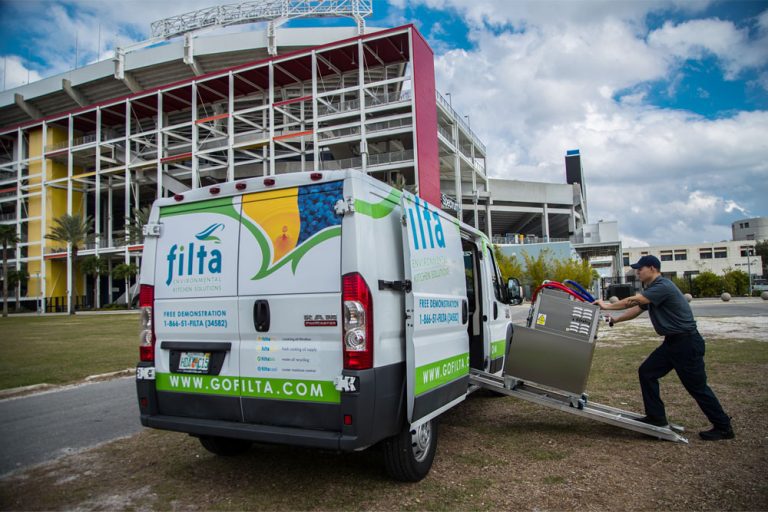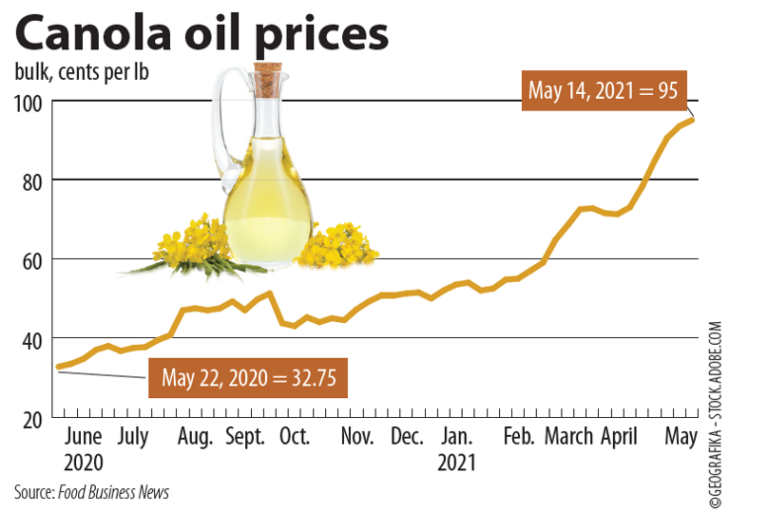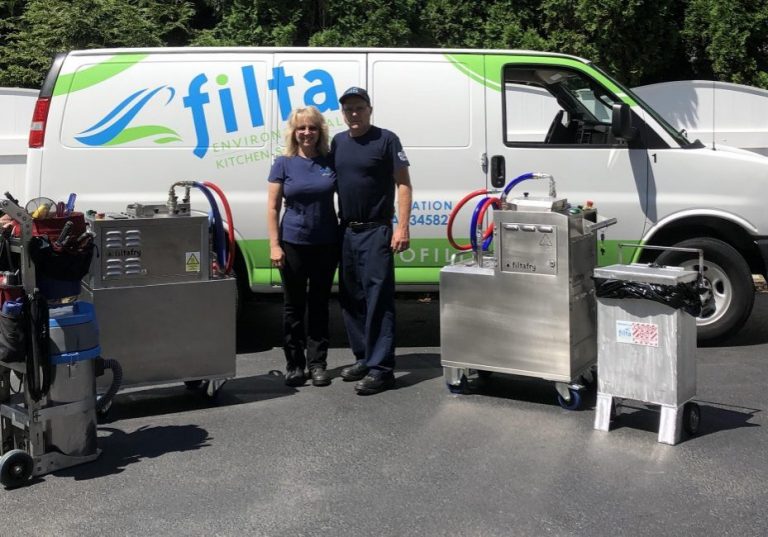
How this Filta Franchisee Started her Thriving Business with $100K of her Retirement Savings
April 24, 2024
No Comments
Laid off from her role as an executive at a

Filta Ranks #266 in Entrepreneur Magazine’s Franchise 500
February 2, 2024
No Comments
As mentioned recently in Entrepreneur Magazine and RestaurantNews.com, Filta

Filta Franchisee Expanded from Northern Ohio to Pittsburgh and Plans to Double Revenue in Next Three Years
December 18, 2023
No Comments
Terry Walkerly has been a Filta franchisee for 16 years.

Filta Named to Franchise Times Top 400
November 28, 2023
No Comments
As was recently reported in the Franchise Times 400: Filta

Filta Offers a Repeat Customer Model to Franchisees
October 4, 2023
No Comments
One of the greatest advantages of owning a Filta Environmental

Filta Franchise Unique Development Approach: Standing Out from Competitors
August 17, 2021
No Comments
Even when servicing more than 10,000 restaurant and commercial kitchens

Your Solution for Savings in the Face of Doubled Cooking Oil Prices
August 10, 2021
No Comments
The price of vegetable oil has more than doubled since

Filta’s Next Priority Market for Franchise Expansion: Portland, Oregon
August 5, 2021
No Comments
Region is one of the few major US markets with

Five Important Reasons Filta Continues its Franchise Growth
August 3, 2021
No Comments
A franchise brand doesn’t reach its 25th year without a

Filta Kitchen Solutions Gears Up for Business Surge as Nationwide Lockdowns Lift
July 29, 2021
No Comments
Filta and its nationwide network of about 150 franchise owners

How to Start a Family Franchise Restaurant Business Without Experience
April 25, 2021
No Comments
If you’re wondering how to start a family franchise business,

Why Explore Our Green Business Franchise Opportunities?
April 18, 2021
No Comments
Filta’s green business franchise opportunities aren’t just great investments; they’re

